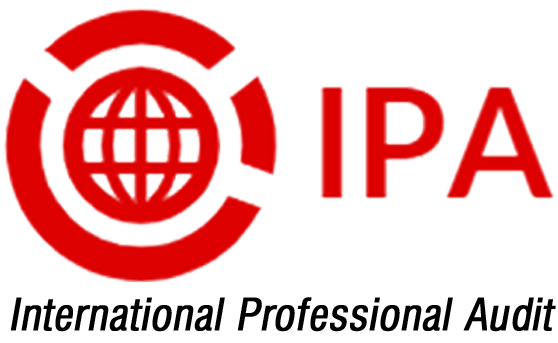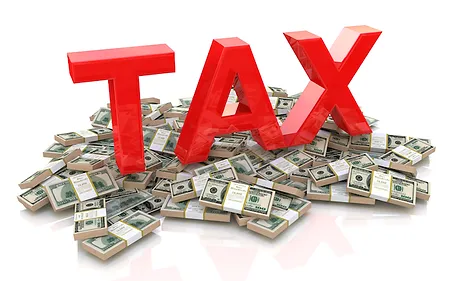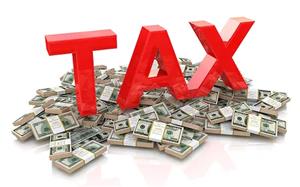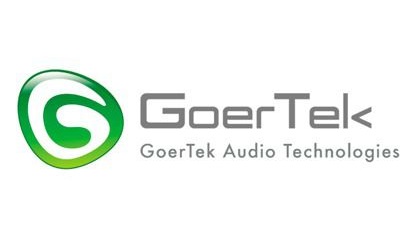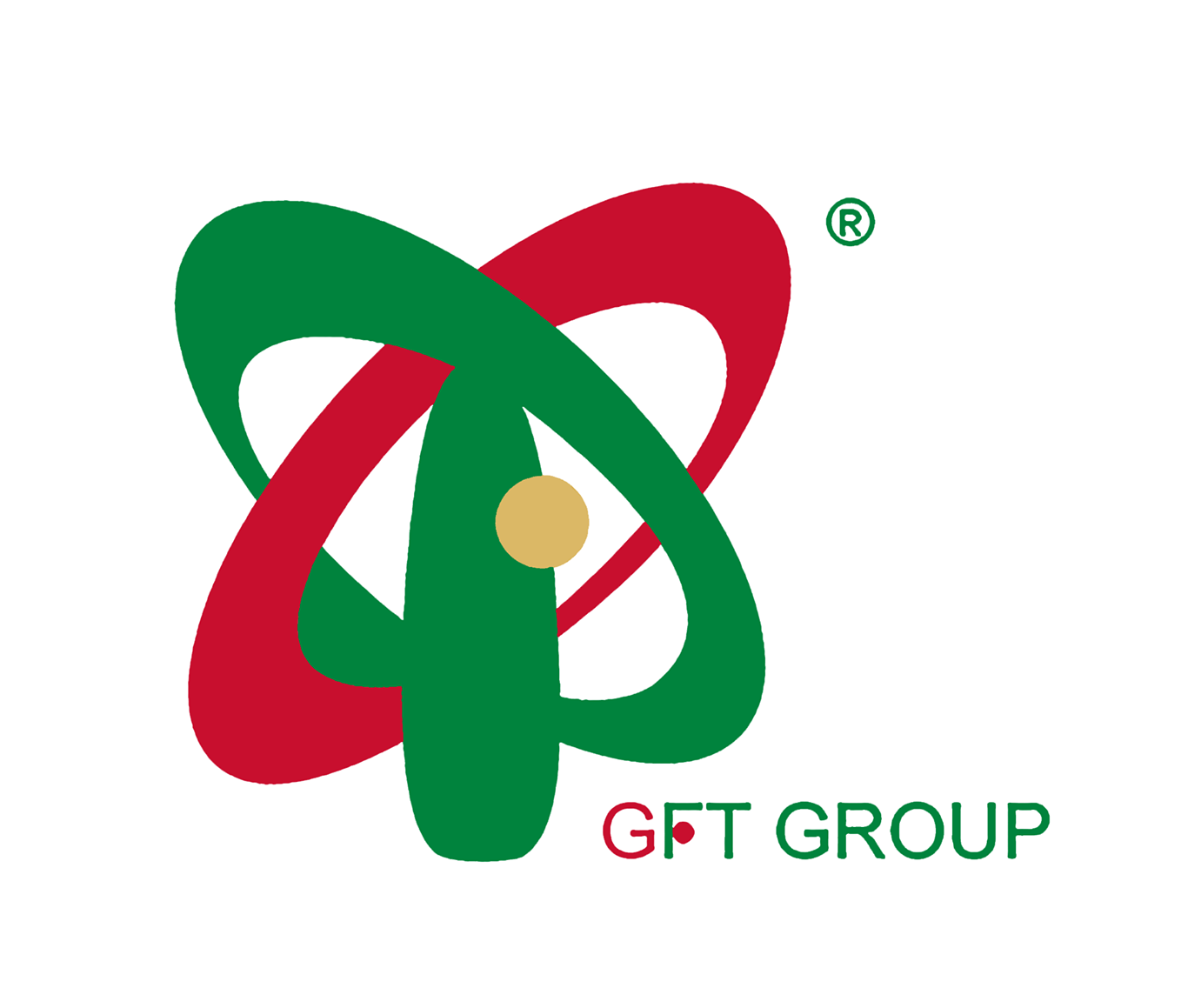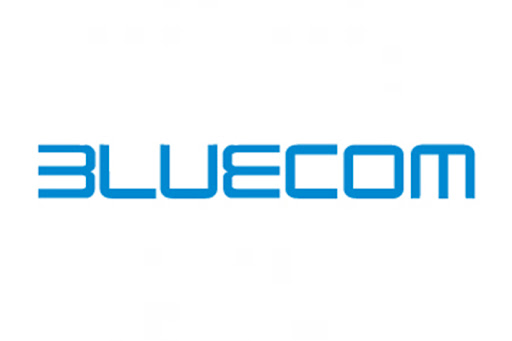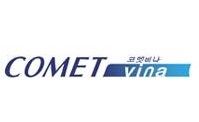TAX POLICY
Resolution No. 198/2025/QH15 stipulates special mechanisms and policies aimed at promoting the development of the private sector, applicable to enterprises, business households, individual businesspersons, and related organizations and individuals.
Key policy measures include:
1. Land and Premises Support
- Facilitation of access to land and production/business premises.
- Support in leasing public assets such as state-owned land and buildings.
2. Financial and Credit Support
- Interest rate subsidy of 2% per annum for private enterprises, business households, and individuals obtaining loans for green, circular economy, and ESG-aligned projects.
- SME Development Fund: Provides lending to small and medium-sized enterprises (SMEs), including startups.
3. Tax, Fee, and Charge Incentives
- Corporate Income Tax (CIT) exemption for 2 years, followed by a 50% reduction for 4 subsequent years for:
- Innovative Startups (referred to as "Innovative Startup Enterprises" or ISEs),
- Startup investment funds,
- Organizations supporting startups.
- Exemption from Personal Income Tax (PIT) and CIT on capital gains arising from equity transfers into ISEs.
- PIT exemption for 2 years, 50% reduction for the following 4 years for experts working at ISEs and innovation centers.
- CIT exemption for 3 years for newly established SMEs.
- Training expenses for human resource development at SMEs are deductible for CIT purposes.
- Abolishment of presumptive tax and business license fees from January 1, 2026.
- Waiver of reissuance fees for official documents when restructuring state administrative agencies.
TAX POLICY FOR NON-PAYABLE SAMPLE GOODS
Regarding CIT incentives for goods received by enterprises without payment obligations
In principle, enterprises with investment projects located in preferential geographical areas are eligible for CIT incentives on income arising from business operations conducted within the preferential zone. However, any income that:
- does not arise from such business activities, or
- is not generated within the preferential area,
is not eligible for CIT incentives as per the Law on Corporate Income Tax.
VAT ON COMPLETE GOODS DISPATCHED FOR WARRANTY PURPOSES
According to current regulations, goods used for warranty purposes must be invoiced and are subject to VAT, unless classified as internal transfers.
However, in practice, due to multi-tier distribution networks, enterprises may fail to collect sufficient documentation to offset revenue/VAT, particularly when reclaiming warranty-related items.
Enterprises are required to maintain complete supporting documentation to justify lawful warranty replacements. Tax authorities will issue specific guidance based on actual circumstances, and tax declarations must strictly comply with current legal provisions.
VAT INPUT CREDIT AND DEDUCTIBLE EXPENSES FOR DESTROYED GOODS
a) Value-Added Tax (VAT):
Input VAT on defective goods/components that are destroyed may be credited if the destruction results from losses not compensated by insurance, in accordance with Article 14(1) of Circular No. 219/2013/TT-BTC, dated December 31, 2013, by the Ministry of Finance.
Enterprises must provide sufficient documentation proving the losses are uninsured to be eligible for VAT deduction.
b) Corporate Income Tax (CIT):
Under CIT regulations, only legitimate and reasonable expenses that:
- qualify as deductible, and
- are not on the list of non-deductible expenses,
may be included in tax-deductible cost calculations.
In the case described:
- The disposal of defective products under warranty is treated as an internal management accounting transaction,
- No additional disposal costs are recognized,
- No impact on revenue, cost of goods sold, or tax liabilities already paid.
As the enterprise is undergoing a tax audit, the final tax obligations will be determined by the Tax Department, based on applicable regulations and actual circumstances.
CIT INCENTIVES FOR GOODS RECEIVED FREE OF CHARGE
For enterprises with investment projects in incentivized zones, income eligible for CIT incentives must derive directly from production and business activities conducted within such zones. Income that does not meet this criterion does not qualify for preferential CIT treatment, in accordance with the Corporate Income Tax Law.



